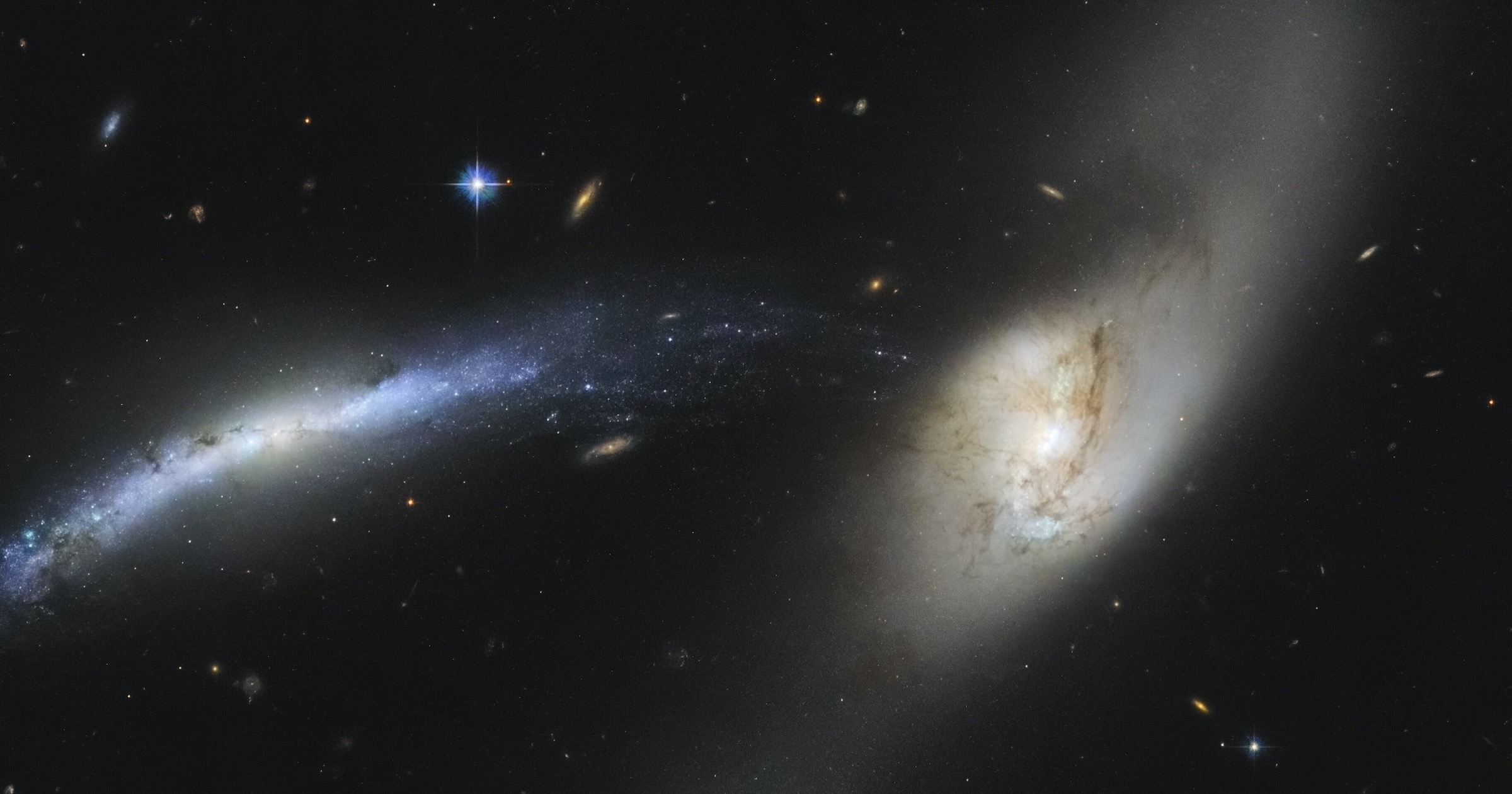 Intelligent Design
Intelligent Design
John Lennox: Scientific Evidence for a Design Behind the Universe

Oxford University mathematician John Lennox stars in the three-nights-only film Against the Tide: Finding God in an Age of Science, in theaters across the country on November 19, 20, and 23. Get your tickets here, and don’t forget to bring family and friends! Looking forward to the documentary’s release, Professor Lennox took time to answer some questions from Evolution News.
Your case for theism shares much common ground with the thinking of those who advocate for the theory of intelligent design. (See the Evolution News series “Intelligent Design’s Top Six.”) What do you make of the arguments for design in biology articulated by Stephen Meyer, William Dembski, Douglas Axe, and others?
Well, I know all these people of course and regard them very highly for what they’ve done. But the trouble here is that the very words “intelligent design” or ID mean so many different things to different people. They’re trigger words. I would prefer to approach this question by answering directly from my own perspective — what I understand the idea behind it to mean, although there’s a huge argument about it.
The idea is very simple. It is “Is there any rational scientific evidence to make you think that there could be a mind behind the universe?” Now that’s a hugely ancient idea. That is not a recent notion. And of course, it’s central to the biblical revelation. “In the beginning was the Word, and the Word was with God, and the Word was God.” So, as a Christian, my fundamental conviction is that there is a mind behind the universe. It is the mind of God. And I go beyond that as a scientist. I believe that science shows real evidence in what we call the natural world that there is a designing intelligence behind it.
The very fact that I am a mathematician, the very fact that we can understand the universe in terms of mathematics, is one of the first evidences of this. And you see, the early pioneers of modern science — why did they do their science? Because they believed in a creator. I look at science in the modern sense as the gift of Christianity and Judaism in that sense. So, I’m not the slightest bit embarrassed being a Christian and a scientist. Putting it the other way around, I believe that Christianity gave me my subject.
Now specifically, the notions of design in physics first of all, and then subsequently in biology and all the debates about this, I was introduced to this at school. I’ve been thinking about these things for a very long time. And, of course it was very nice later in life to meet some of these much younger people who were beginning to see the things that I learned many years before. I came across it in my last couple of years at school…, so I was thinking about this, talking about it, and building on in for many, many years.
These arguments are very important and in fact, I wrote a book about ten years ago on [the subject] called God’s Undertaker: Has Science Buried God? But I’m doing a massive revision of that book and I think it will probably be called Has Science Buried God? as its main title. But it will be much bigger than the original version if I can get away with it and it will be entering into a lot of the more recent arguments in this area from various aspects of science.
So, to sum that up, I’m simply convinced that the universe it not neutral, as Paul said. As we look at nature, we can see two things. God’s everlasting power and Godhead, which I take to mean that there is a God. You can perceive as you look at the world that there is a God behind it. And so, I greatly respect other people who, sometimes at great risk to their academic reputation, have decided that they are going to say these kinds of things in public.
Find locations and times for Against the Tide and reserve your tickets here. You can watch Discovery Institute philosopher of science Stephen Meyer interviewing Professor Lennox about the film here:
